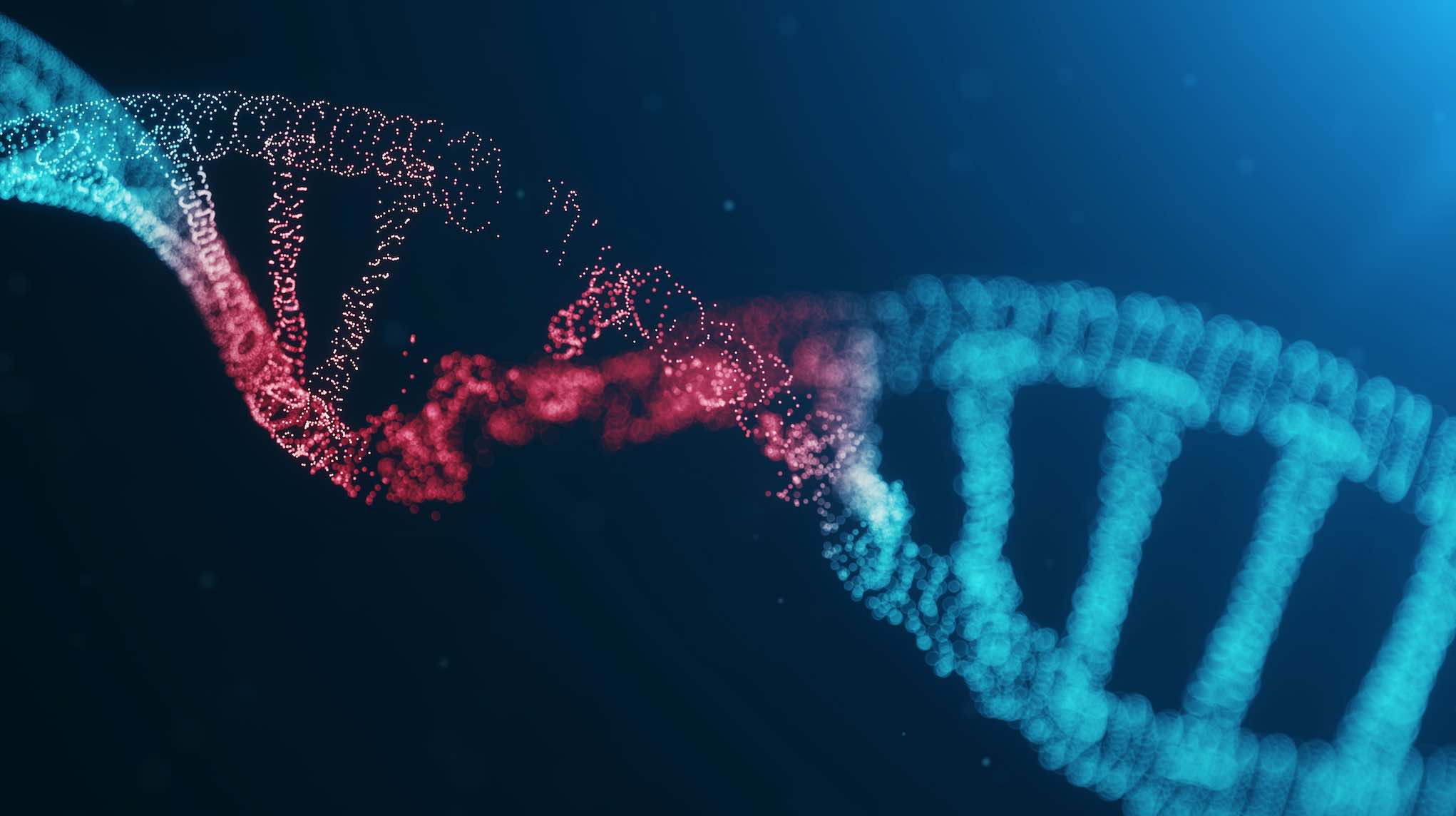Origin: a Latin derivative
meaning "Gift of the Earth."
- Shop
-
Our Story
- View Our Story Home
- Who We Are. . . .
- What We Do. . . .
- Why We Do It. . . .
-
dōTERRA[doh-teh-ruh]
Epigenetics

Article at a Glance
Take a look at your baby pictures, then that of your parents, and then your own children; in many cases it’s almost like looking into a three-layered mirror. It’s amazing how genetics can, through an infinite number of genetic replications and decades of gene expression, result in separate human organisms that look—and possibly act and feel—very similarly. But genetics isn’t just a series of fixed strands of self-replicating material (DNA) that is passed down from generation to generation. Your actions greatly influence your own genetic code and may even have implications for your children, and their children. This is the concept behind the rapidly progressing science of epigenetics.
What Is Epigenetics?
As the maxim suggests: the foundation of who you are is set by genetics, but lifestyle is what truly determines who you become. You inherit, from your parents, a fixed blueprint for building and fundamentally maintaining the organism that is you. This blueprint is a combination of over 3 billion bases—either adenine (A), cytosine (C), guanine (G), or thymine (T)—that are organized in different sequences. Despite the virtually endless number of combinations, 99.9 percent of your genes are shared by all of humanity, but it is the differences in the remaining 0.1 percent that are the result of mutations or errors in DNA sequencing that make all the difference (1). That is the piece that makes you genetically unique. Additionally, decisions such as how you fuel your body, how you move your body, how you rest your body, and environments and substances you expose your body to can have long-lasting and heritable (transmissible from parent to offspring) influence on how you look and feel, and virtually every other aspect of your health (2).
While the science of genetics can be quite complicated, the function of genes is exceedingly simple. Genes are either on or off, and can be turned up (upregulated) or turned down (downregulated). The estimated 21,000 protein-coding genes and the millions upon millions of strands of DNA act like gates or switches, directing who you become by simply opening and closing through a process known as gene expression (3). Epigenetics is the investigation of how these genetic gates open and close, or how cells read specific genes and initiate the production of relevant proteins to make you who you are. Epigenetics is everything—everywhere—it’s what makes you unique, and you have a significant amount of influence over it.
Discoveries in Epigenetics
Epigenetics is one of the fastest growing areas of scientific investigation, and some of the recent findings are fascinating. For instance, recent experimental research suggests that what you eat in infancy can influence your metabolic health in adulthood and supplementation with specific compounds may permanently alter your cellular health (4,5). Other studies found that your exercise and nutrition habits now may have an effect on the cognitive development of your future children (6,7). Everything you do or expose yourself to influences, positively or negatively, your genetic code and possibly even that of your progeny.
Essential Oils and Epigenetics
A growing number of people use essential oils for a variety of purposes. You may use essential oils aromatically to promote a calm environment, topically to support the look and feel of skin, or internally to support various body systems. But have you ever considered that your acute use of these gifts of the Earth may have long-term effects, and may even possibly fundamentally change who you are? Using the BioSeek and BioMap® platforms, doTERRA scientists have used molecular biology to observe how doTERRA essential oils may influence the expression of proteins, the molecules that are responsible for almost all cellular action. But it may be even deeper than that. While this experimental and preclinical research is still in its beginning phases, there is some evidence to suggest that use of essential oils may have some positive epigenetic effects (8).
While you are applying Helichrysum as part of your daily skincare routine, consider that the effect may be more than just to your skin in that moment. To learn more, don’t forget to register for dōTERRA® Pursue 2020 Global Connection and follow the doTERRA Science Blog to learn more about epigenetics and to stay up-to-date on the latest essential oil research.
Bibliography
-
Copied to clipboard
- Download


